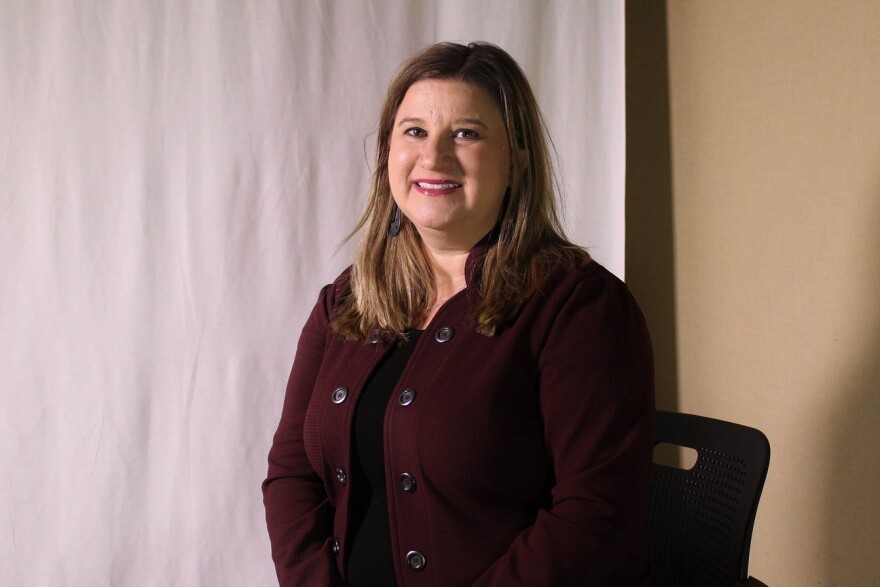Kansas City's Municipal Court has a perception problem. Courts are not generally a place where good things happen to people, and few would go by choice.
"Municipal court is where most people are going to encounter the judicial system," said court spokesperson Benita Jones. "Almost everyone will get a traffic ticket and some people have other minor brushes with the law."
The court's high failure-to-appear rate — 41% — could also be evidence of a trust issue with residents, said Municipal Court Administrator Megan Pfannenstiel. But it's more complicated than that.
"Is it a lack of access or is it a lack of trust or is it fear of what could happen in that court system?" Pfannenstiel said.
To help build greater trust, Jones and Pfannenstiel convened three community meetings called Speak Easy Sessions. They were part of a larger effort by the National Center for State Courts and the University of Nebraska Public Policy Institute to develop a toolkit for courts to engage the public. The Municipal Court is one of six chosen for the pilot project.
Building that trust might have to start at the most basic level. One of the questions they received at the first session, Jones said, was "Can you define what the Municipal Court is?"
Simply put, it's the court that deals with violations of Kansas City, Missouri, ordinances.
"The majority are traffic cases and parking cases," said Pfannenstiel.
But the court also deals with more than 30,000 general ordinance violations.
"Those could range from domestic violence, assault, violations of orders of protection to kind of stealing, trespassing, those kinds of quality of life crimes," she said.

Municipal Court handles more than 200,000 cases and generates about $15 million each year, "which does sound like a lot," Pfannenstiel said, "however our operating budget is over $19 million."
She said session on Nov. 12 was attended by about 30 people, ranging from those who didn't know what the court was to a woman who arrived with a handful of summonses.
Staff from the City Manager's Office and DataKC are helping the court sift through the input, including pre- and post-session surveys. In addition to sharing that data with the pilot project, Pfannenstiel said Municipal Court judges and its policy committee will use it to help shape internal policy.
So why was Kansas City chosen to participate?
Her hunch, Jones said, is because "Kansas City is the largest municipal court in the state of Missouri, and Missouri having been ground zero for the Ferguson issues."
The final session was sheduled for Saturday morning. Pfannenstiel and Jones said they know getting community members more engaged will be a high hurdle to clear.
"It's definitely a hard conversation, and we expect that, but we want people's honest feedback and honest opinions of the court system," Pfannenstiel said.
Jones agreed.
"I think it's our job to make sure we are proactive, but also that we have the information readily available in an easy-to-understand way, when people need it," she said.
Megan Pfannenstiel and Benita Jones spoke with KCUR on a recent edition of Up To Date. Listen to the entire conversation here.
Luke X. Martin is associate producer of KCUR's Up To Date. Contact him at luke@kcur.org or on Twitter, @lukexmartin.




